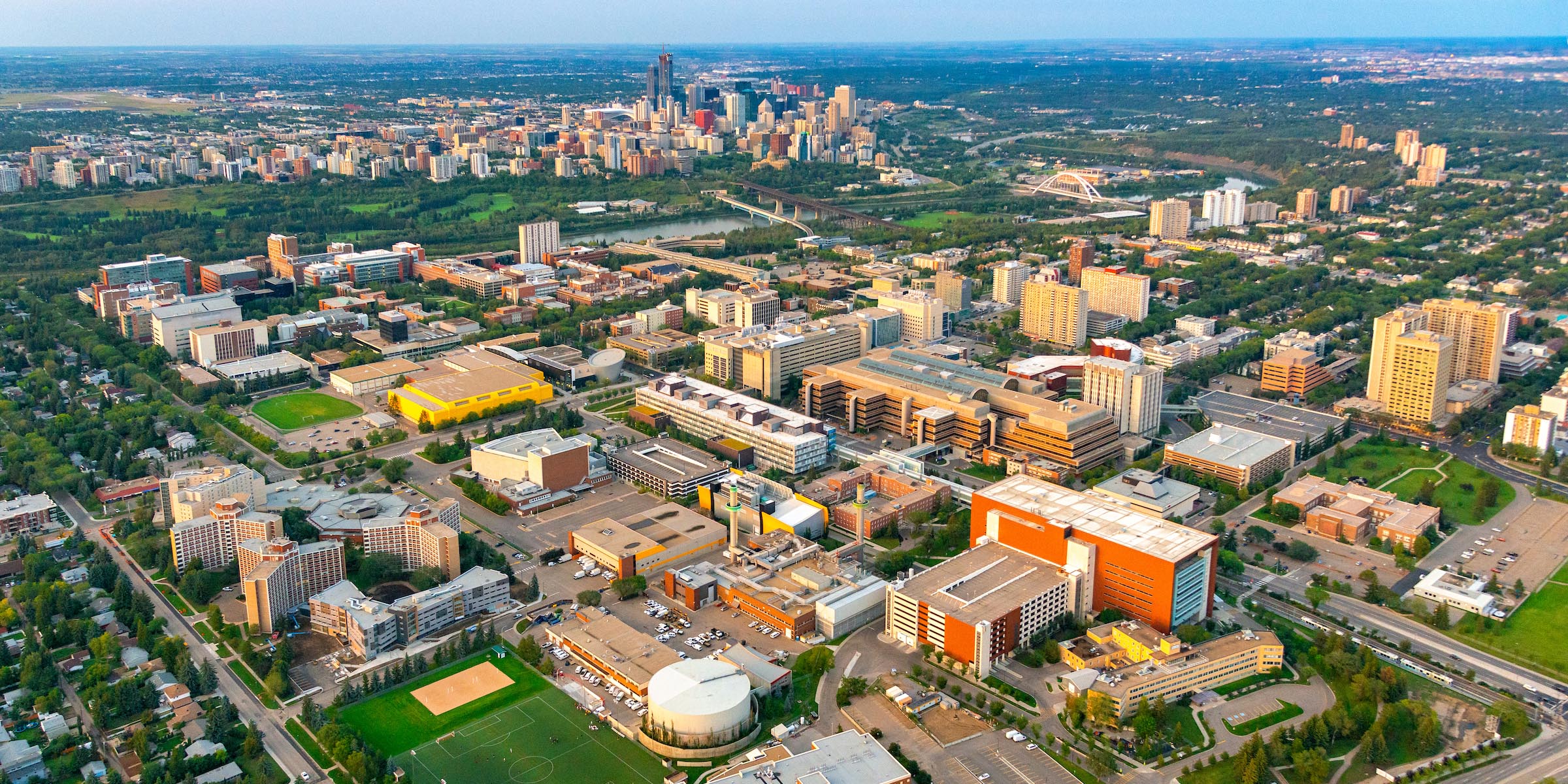Edmonton will be the gathering place for a social sciences and humanities exploration of the North in 2021 when the University of Alberta hosts Canada's largest annual academic conference.
"2021 Congress of the Humanities and Social Sciences is an incredible opportunity for the U of A to convene leading thinkers and the public to address together some of the most pressing challenges facing our local, national and global communities," said U of A president David Turpin, who was joined by Mayor Don Iveson and Patrizia Albanese, board chair of the Federation for the Humanities and Social Sciences, in making the announcement earlier today.
"From environmental studies, Canadian politics, and sociology to education, literature studies and history, Congress represents a unique showcase of scholarly excellence, creativity, and leadership."
The conference also represents an economic boon for the capital region. With 8,000 to 10,000 academics, researchers, policy-makers and practitioners descending on the city, Congress 2021 is expected to generate economic benefits of $16 million to the region.
"It's a great opportunity to show off the campus and when you have up to 10,000 people coming to the University of Alberta, that builds awareness of all the amazing things that are happening here, and the great things that are happening here in Edmonton and in the province of Alberta," he said.
The theme for the conference, Northern Relations, will encourage delegates to explore the connections between people, communities, cultures and ways of knowing, while also listening to those voices that speak directly to some of the most pressing issues in the North, namely reconciliation, governance, social justice, climate change, reciprocity and education.
"Today, most of our landmass is north of where most Canadians live. And this is an area that has very significant indigenous heritage and has the majority of the natural resources of the country," said Turpin. "We are the gateway to the North, so much of the connection between the rest of Canada and the North occurs through the City of Edmonton."
Mayor Don Iveson said the theme is particularly fitting for Edmonton, which for centuries has existed as a place for communities to gather and share ideas.
"As one of the northernmost major cities in the world, and certainly the northernmost major city on this continent and in this country, the city is at that crossroads of complicated questions of reconciliation and economic inclusion and resource development and environmental stewardship and the ethics around that deep questions that we need now more than ever the humanities and social sciences to help us navigate," he said.
The annual event is organized by the Federation for the Humanities and Social Sciences, a non-profit membership organization that represents and actively promotes the work and interests of 91,000 researchers and graduate students from across Canada.
"Congress creates a unique space where people from across Canada-and beyond-come together, share ideas, build collaborations and contribute to shaping our future. We cannot wait to welcome our diverse scholarly community here next year for what we know will be a memorable Congress," said Albanese.
